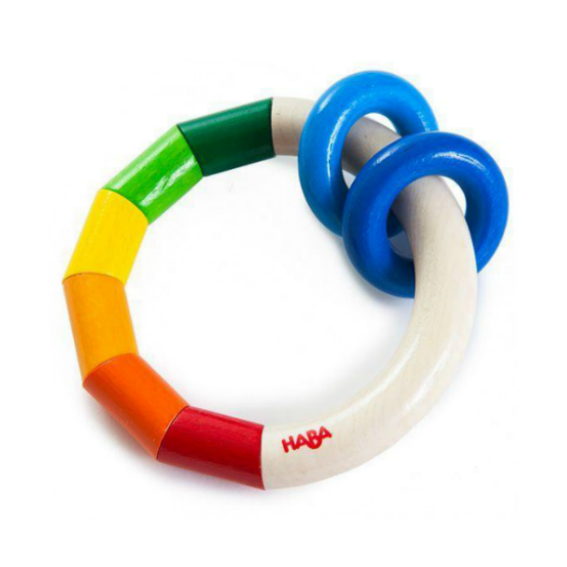7 Strategies to Help Youngsters Develop Social Intelligence Skills Every Day
Observe, observe, observe! Dad and mother must elucidate, model, and repeat themselves, repeatedly. It may truly seem limitless. Nonetheless there are strategies to help
children examine sooner, by benefiting from the problems that come up in every family every single day. Subsequent time there’s a squabble between your
children, remind your self that you just simply needn’t sigh and wish it wasn’t occurring. You probably can welcome it as a teachable second!
1. Talk about feelings.
When dad and mother converse to their children every single day about what all people inside the family feels and needs, siblings become further delicate and emotionally
generous to 1 one other, along with further susceptible to understand each other’s viewpoint. That’s true even when children are very youthful; when mothers
converse to their toddlers about what the new child might be feeling, the toddler develops further empathy for the new child and is far much less jealous. [i] (Nonetheless don’t forget that this can’t be a lecture. We always need to begin by empathizing with the older teenager. Then we’re in a position to shock aloud what the new child may want or need.)
2. Ask questions on feelings, needs, wants, and selections.
All of us examine by having the chance to reflect, if we don’t actually really feel defensive. Ask your teenager “educating” questions that help them uncover and uncover.
- “How did you feel?”
- “What did you want?”
- “What did you do?”
- “How did that work out?”
- “Did you get what you wished?”
- “Did your brother (or pal) get what he wished?”
- “How do you assume he felt?”
- “Would you do the equivalent issue subsequent time, or do you assume you may try one factor completely completely different?”
- “What do you assume you may try?”
- “What would happen then?”
Concentrate, nod, repeat to be sure to understand. Hold warmth and non-judgmental. Maintain your humorousness, so when your teenager says “Subsequent time I’ll smash him!” you
can merely reply “Hmmm….what may happen then?” Attempt to not leap in to evaluate or lecture. Reflection is how children develop judgment. Frequent sense normally develops from unhealthy experience.
3. Make clear and model. Depend on to repeat your self.
“After they’ve been combating over possession of 1 factor I would say ‘Jake, say… ‘Excuse me Sofia, everytime you’re accomplished may I’ve a flip please?’’ after which anticipate him to repeat my phrases. After which I would flip to Sofia and say ‘Sofia, say… ‘Sure, Jake.’ I did this many, many, many events after which sooner or later to my delight I was cooking dinner and overheard them use these precise phrases unprompted to resolve an issue… It was a proud second : )” – Deanne
4. Observe discovering win-win choices.
There are day-to-day options in every family to stage out variations in needs and ponder choices which will work for everyone. “Hmmm… It’s worthwhile to go to the pool and he must go to the park… How can we uncover a win-win decision?”
5. Model “I” statements,
which means expressing what you need, comparatively than judging or attacking one other particular person. So, for instance, when your daughter yells at her sibling “Successfully, you’re foolish, too!” you
may practice her, instead, to say “I don’t choose it everytime you identify me names.”
One formulation for “I” statements, a mannequin of Marshall Rosenberg’s NonViolent Communication, is
to elucidate what you feel, what you need, and the best way you see the state of affairs.
“I feel
_ on account of I would really like (or need) and I observe that .”Rosenberg suggests that you just simply then ask the alternative particular person in the event that they’d be eager to take movement to offer you what you need. With children, nonetheless, I
counsel that you just simply not “ask” till the child’s compliance is definitely optionally accessible. Most of the time, do you have to’re upset, it isn’t. So merely instruct your
teenager to take a selected movement, kindly nevertheless clearly:
So, for instance,“I actually really feel fearful on account of I have to get there on time and I see that you just simply aren’t ready to go away however….Please put in your sneakers now.”
6. Model pro-social habits.
One of the simplest ways the adults inside the residence relate to 1 one other items a sturdy occasion for the children. Use that to your profit by role-playing the best way you’d like
your children to take care of each other. For instance, you may say to your affiliate “There’s only one banana left; we may lower up it?” Or model
straightforward strategies to set healthful limits respectfully, by saying points like “Excuse me, I was using that. You probably can have it as rapidly as I’m carried out!” with
a smile and a hug.
7. Practice Restore.
In every relationship, there are events when anyone feels injury. Usually, that’s unintentional. Typically, we actually really feel that the hurting is unavoidable on account of what we wish or want at that second is further important than how the alternative particular person feels. (Every grownup at events says one factor hurtful to their affiliate.) In truth, later, we’re sorry, and see that the hurting was an intentional different.
So when one in all your children hurts their sibling, make it a family protection that there be a restore as rapidly as doable, and positively sooner than bedtime.
That’s everytime you say “Your brother was very upset that you just simply knocked down his tower. I ponder what you can probably do to make points increased with him?” This is not a punishment. Children who’re punished actually really feel resentful. Children who aren’t punished and don’t restore actually really feel accountable. Every blame the sibling. Children who uncover that they might assist their sibling actually really feel increased are empowered, and the sibling relationship is strengthened.
As quickly as they’re not indignant, individuals normally check out the wreckage introduced on by their anger and wish they might make points increased. You want your children to get in that habits early. So instead of attempting to extract an apology, which may merely make your teenager actually really feel like they “misplaced,” help them actually really feel like a hero — anyone who makes points increased!





